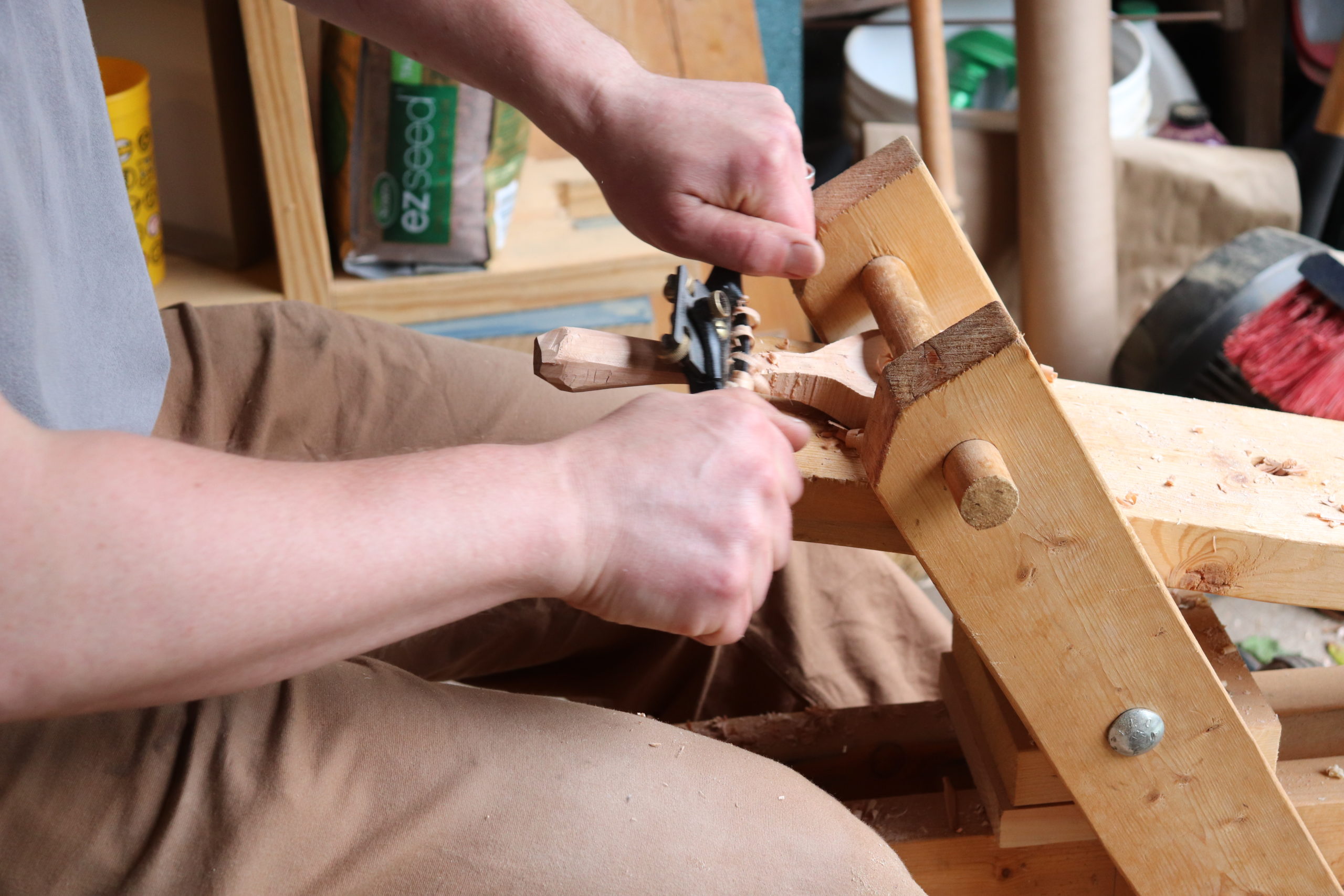When I describe my work I usually say that I do “hand-tool woodworking,” or that I work primarily or exclusively with hand tools. Nobody has ever asked me what I mean by “hand tools,” so presumably everyone has a clear idea in his or her head what I mean… or rather what they think I mean. What do I mean? What’s a hand tool, anyway? And why do I use them, as opposed to… whatever hand tools are opposed to?
Maybe this seems like a facile question. I don’t believe it is. Nor an unimportant one. If I’m only using the term for introductions at parties and taglines on business cards, then I suppose it doesn’t matter much what I mean, but if I’m trying to make serious decisions about work, then it matters a great deal. It matters in conversations with other woodworkers who use machines, and who are apt to see a hand-tool-first or hand-tool-only approach as stupidity or snobbery—opinions that I can’t refute if I can’t clearly define what I’m doing and why.
Most important, it matters in making decisions about what tool to use for a job. We all have standards by which we evaluate and adopt (or decline to adopt) technology, but few of us actually know what they are — or have considered what they should be.
But it’s also the kind of question a guy with advanced degrees who has written cultural history starts thinking about while he’s in his second hour of sawing and planing 8/4 oak. Not just why don’t I buy a freaking bandsaw? but no, really, why don’t I? This need to define my terms was made rather more urgent, if ironically also more quixotic, by my experience teaching homeschool environmental science last spring. When my daughter suggested writing her final paper on means of reducing or eliminating single-use plastics, I told her she had better start by defining what a “single-use plastic” was. She spent three months, wrote nearly five thousand words, and still never quite managed a precise definition, but by the end she knew a hell of a lot more about what she didn’t know. She grew wisely ignorant, you might say, as opposed to being merely a clever fool. Which I believe to be an improvement.
So let me see if I can become at least more wisely ignorant. This will take awhile to suss out; I’ll only get started today, and I’ll post new ideas as I think of them, revising my thinking as I go. Consider this an invitation to think along with me.
I can think of several qualities that might qualify a tool as a “hand tool,” but none of them is sufficient as a definition. Let’s start with two.
